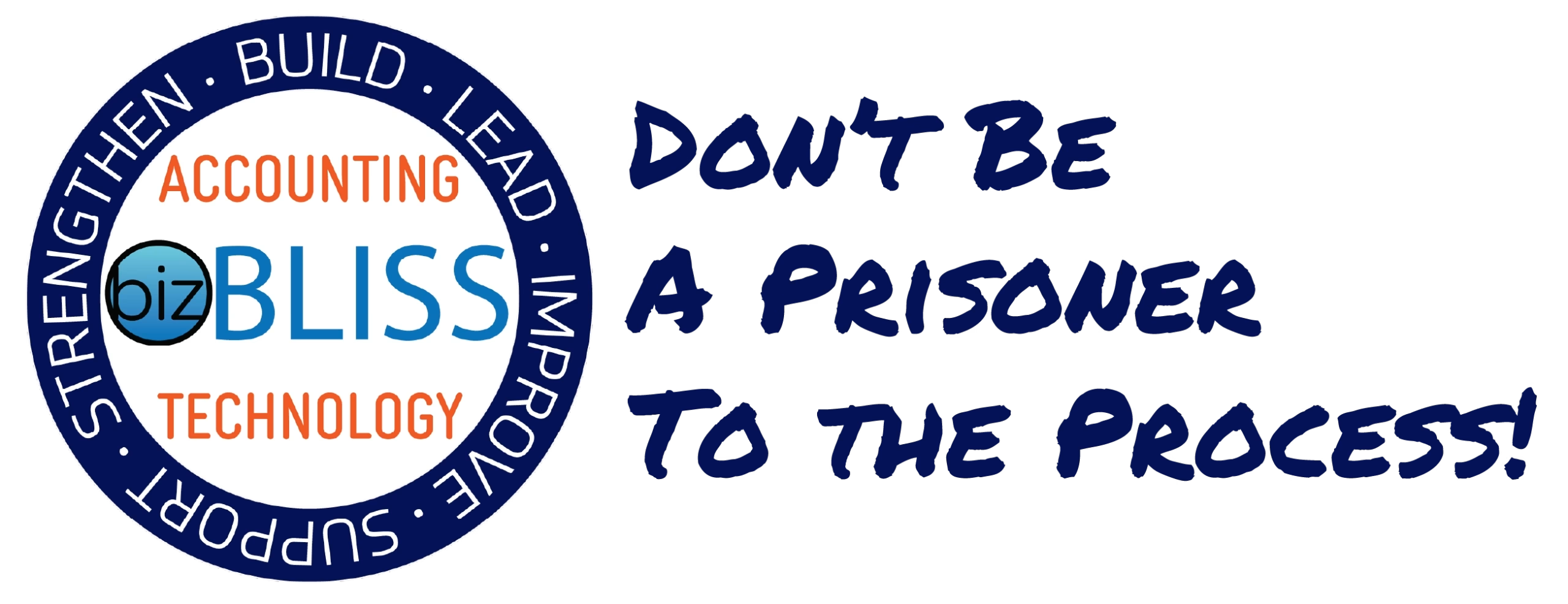Developing Accounting Best Practices

Developing best practices for your business is key to improving your business performance. We think that there are some simple steps that will get you on track for taking your business to the next level. In this article, we will discuss six steps to improve your business.

One thing that business owners and entrepreneurs have in common is the aptitude for just figuring things out. This applies to all aspects of their business, from generating revenue, sales and marketing, customer service, people management and the operational tasks that are involved in running their businesses.
While there are many paths to becoming a business owner, the tasks and priorities associated with running a small to medium size business impose similar challenges. With this, wearing many hats and juggling multiple priorities often becomes the norm. And too many times, this juggling act can pull the owner away from the primary focus of building long term strategies for the company.
The challenges of growing your business can be extremely exciting yet overwhelming. This time of growth in a business does not need to be stressful. While most business owners are experts in their fields, they often can implore help from outside professionals to strengthen operational functions within their business. One of these day-to-day functions we help with is Accounting. Accounting is more than just record keeping; it is measuring and managing the financial health of your business so that you can make quick, concise strategic business decisions.
Here are some simple steps to help ensure you are managing your financial responsibilities.
- Action Plan. Develop a best practices strategy that works for your business. Set both key short-term and long-term goals for your business. Once your objectives have been established, implementing accounting software and configuration that aligns with your business goals is key.

- Prioritize. Consistency is the key – do not procrastinate and think that a cram session at the end of your fiscal year is a clever idea. Try to keep up with your accounting tasks daily, if not weekly. A little of your time a day will keep you on task, but will also give you visibility to things that you may not become aware of early on. Such as a mistake in a vendor invoice, overpayment to an employee, etc.

- Learn. Learn how to speak of and from your financials. Basic knowledge of terminology and how your income statement and balance sheet flows can help understand your business’ financial state.

- Review. Staying in tune with the financial health of your business is imperative. This will let you make the decisions you need in a timely manner. Setting key performance indicators (KPI’s) will help you manage your success. Knowing where you have been and where you are will help you get to where you want to be.

- Revise. Being fluid is the key to success. As your visibility and responsiveness improve with practice, so will your ability to react to challenges.

- Seek Advice. There is no shame in asking for help when needed. Lean on expert advice whenever you can. A mentor or expert can sometimes look at your business and help you see things from a unique perspective. In doing so, you might find a way to streamline and optimize current business systems and practices.

To review, you will need to: act, prioritize, learn, review, revise, and seek. If you can focus on these simple principles, you will begin to have a better understanding of the financial health of your business. Measure your numbers so that you can have the keys to transform your success from Good to Great. We hope you will review and implement these steps. In doing so, you will be on the right path to taking your business to the next level of success.
Related material: Professional Services, Accounting and Bookkeeping, and Your Success is Our Success
